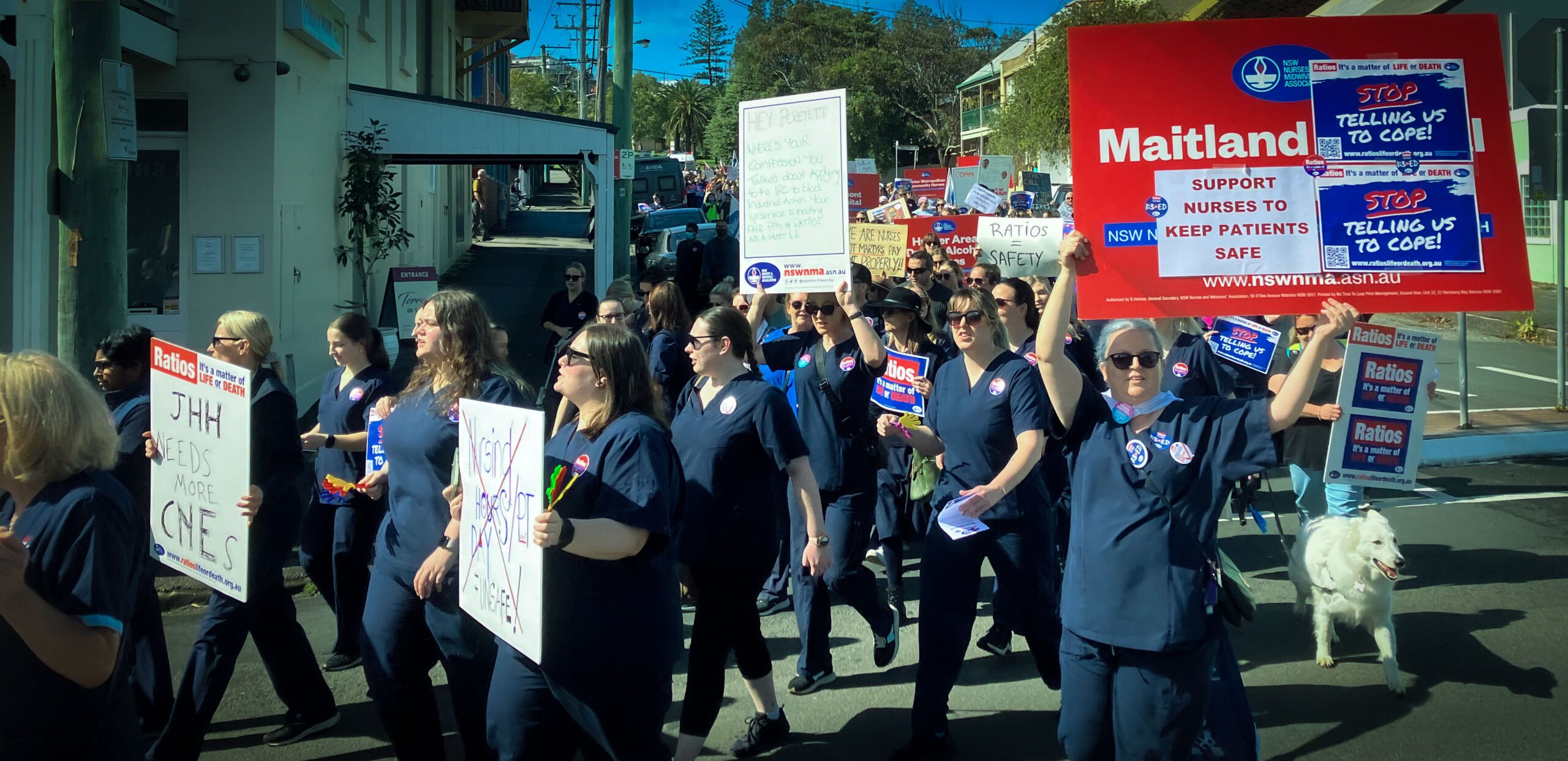A survey of employers’ experiences of paid domestic violence leave in the workplace has produced overwhelmingly positive results for companies and the one in four workers affected by domestic violence. The research has shown that paid domestic leave can be delivered at minimal costs as leave requests are at modest levels.
The introduction of paid domestic violence leave and workplace measures to support employees experiencing domestic violence also widens understanding and increases sensitivity to this complex issue.
The survey commissioned by the ACTU and conducted by the University of New South Wales and Gendered Violence Research Network, found that employers reported virtually no problems granting paid domestic violence leave or changes to work arrangements.
In fact, employers overwhelmingly reported the positive benefits of providing paid domestic violence leave – including improvements to their relationship with their employees.
Such encouraging results should silence criticism by some business lobby groups, who appear to be out of step with their members and with the influential male champions of change who support paid domestic violence leave.
The November 2014 survey of 102 employers included both large and small companies from industries such as health and social assistance, education, finance and transport. The first agreement to include paid domestic violence leave was negotiated by the Australian Services Union and Surf Coast Shire Council almost five years ago. The 25th of November is White Ribbon Day and International Day for the Elimination of Violence Against Women and unions are calling for employers to use this occasion to do the right thing and support their employees experiencing domestic violence.
Key findings of the survey include:
- One third of respondents reported at least one domestic violence leave request in the past 12 months.
- Of those employees who requested domestic violence leave, 92% were women.
- The typical amount of leave taken was two to three days.
- One quarter of employers had received requests for alternate work arrangements, such as differing starting times, alternate car parking and change in phone numbers to improve their safety.
- Employers reported highly positive outcomes with raised workplace morale and employees feeling safe, supported and free from fear of losing their jobs.
The ACTU claim on domestic violence leave:
- Unions and employers have negotiated 860 workplace agreements with paid domestic violence leave covering almost two million workers across Australia. The ACTU claim in the Fair Work Commission seeks to extend this right to all workers.
- The claim is for 10 days paid domestic violence leave for workers to attend court appearances, medical and legal appointments and make safety and re-location arrangements.







